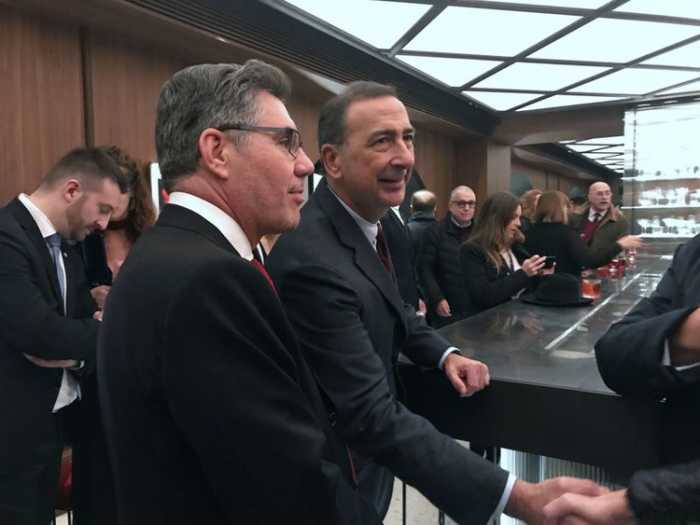
“The test started a few weeks ago and will last until the first quarter of next year,” CEO Bob Kunze-Concewitz told Reuters on Monday, adding trials were taking place in more than five of China’s biggest cities.
The bright orange aperitif, the main ingredient in the Aperol Spritz cocktail, has driven Campari’s growth in recent years, proving particularly popular among drinkers who post pictures on social media sites.
However, the company’s growth was brought to an abrupt halt in the first quarter of this year by the coronavirus pandemic, with underlying sales falling 5.3%. Aperol’s sales dipped 0.2% after 20.5% growth in 2019.
In many countries, drinkers have switched to Aperol Spritz from beer, the company says. And now it aims to achieve the same in China by pitching Aperol as an Italian life-style product that consumers might have tasted on European holidays.
“Beer substitution has been a big source of demand for Aperol and China is a huge beer market. That’s why we strongly believe in the opportunity to develop Aperol in China,” Kunze-Concewitz said in an interview.
Last year, Campari’s sales in China accounted for less than 1% of a total turnover of 1.84 billion euros ($2.08 billion).
With bars and restaurants in its traditional markets shut to contain the coronavirus outbreak, the group has been expanding its online business and digital marketing.
On Friday, it agreed to buy 49% of e-commerce wines and spirits company Tannico.
In the United States, Campari’s biggest market, so-called off-premise sales surged between 50% and 60% year-on-year in April and May, offsetting the fall from restaurants and bars, Kunze-Concewitz said.
The same happened in Canada, Australia, Germany and northern Europe.
